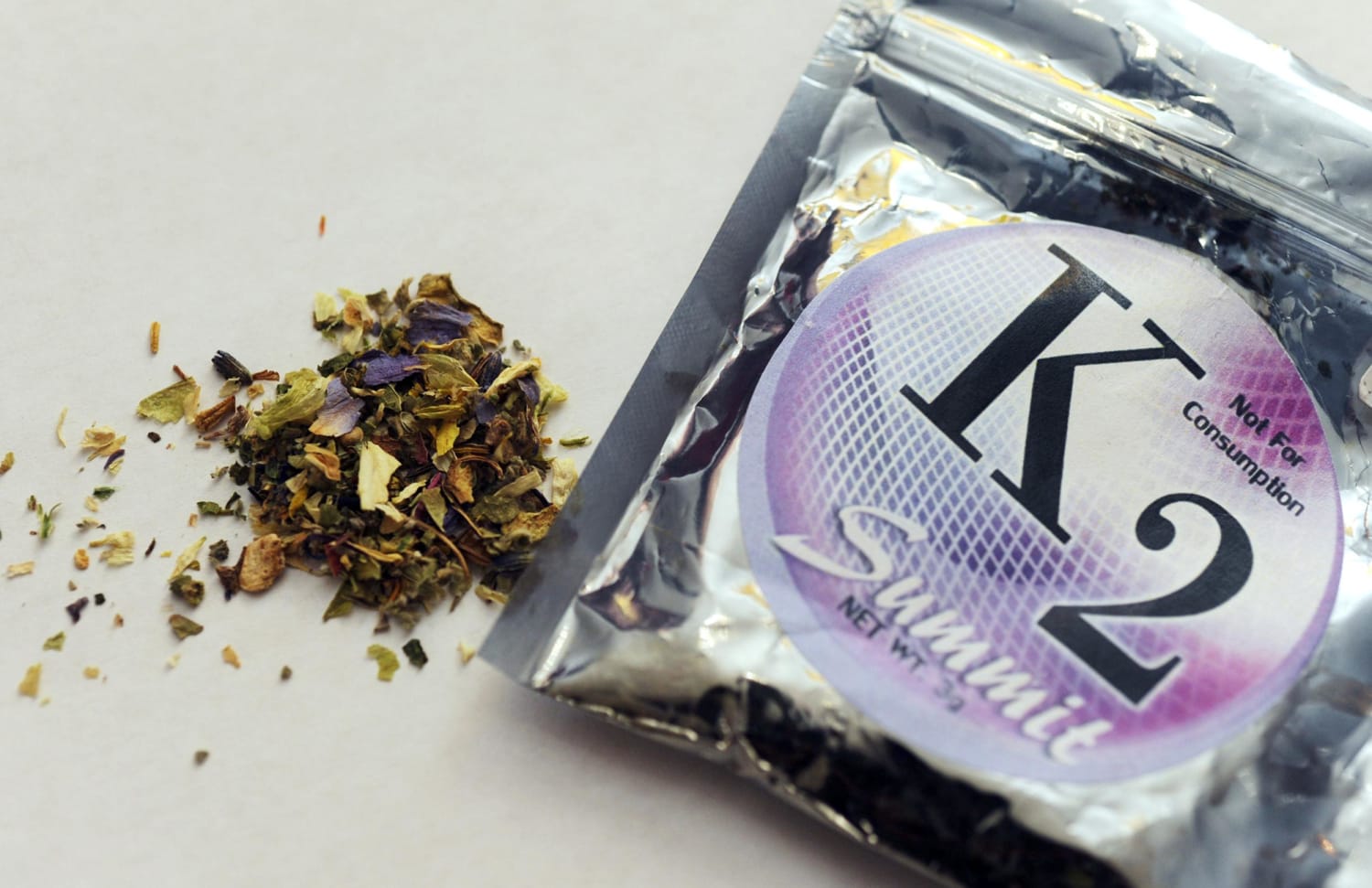Investigating the Promising Applications and Positive Impacts of Seasoning as an Artificial Cannabinoid
In recent years, the expedition of artificial cannabinoids, especially Flavor, has sparked intriguing discussions within the clinical and scientific communities. As research study digs deeper right into this artificial substance, uncovering its resemblances and disparities with natural cannabinoids, a nuanced understanding of its benefits and difficulties arises.
Therapeutic Potential of Flavor
Exploring the therapeutic potential of Flavor, an artificial cannabinoid, entails an important assessment of its medicinal residential properties and potential medical applications. Spice, likewise recognized as synthetic cannabis, connects with the endocannabinoid system in a manner similar to all-natural cannabinoids, such as those discovered in marijuana. This communication results in different physiological effects that have stimulated interest in its healing possibilities.
Researches have suggested that Seasoning might have possible as an analgesic, helping to relieve discomfort in conditions such as neuropathic discomfort or chronic inflammatory discomfort - Buy K2 Paper For Sale. Additionally, its communication with cannabinoid receptors provides a chance for exploring its use in handling symptoms of conditions like multiple sclerosis or chemotherapy-induced nausea and throwing up

Discomfort Monitoring Perks
Spice, an artificial cannabinoid, displays appealing possibility hurting administration as a result of its analgesic residential or commercial properties and communications with the endocannabinoid system. The analgesic residential or commercial properties of Seasoning stem from its capacity to regulate discomfort perception pathways, providing alleviation from various kinds of pain, consisting of neuropathic, inflammatory, and nociceptive discomfort. By targeting the endocannabinoid system, Seasoning can control pain signals, minimize swelling, and relieve discomfort connected with chronic discomfort conditions.
Researches have revealed that Seasoning can efficiently minimize discomfort intensity and enhance discomfort resistance in preclinical versions of pain. This artificial cannabinoid has demonstrated efficiency in taking care of discomfort symptoms without triggering considerable adverse impacts commonly related to typical pain medicines. In addition, Flavor shows potential in decreasing opioid dependancy and abuse, providing a more secure choice for pain monitoring.
Neuroprotective Residences
Synthetic cannabinoids like Spice have actually been progressively acknowledged for their potential neuroprotective properties in mitigating neuronal damage and advertising mind wellness. Research studies suggest that these substances might provide neuroprotection via various systems, including antioxidant effects, anti-inflammatory residential or commercial properties, and modulation of neurotransmitter release. By communicating with the endocannabinoid system in the mind, synthetic cannabinoids can manage neuronal activity and potentially minimize the effect of neurodegenerative diseases or injuries.
One trick aspect of the neuroprotective residential or commercial properties of Flavor is its capacity to modulate excitotoxicity, a process where extreme stimulation of nerve cells leads to cell damage or death. By managing neurotransmitter release and dampening excitotoxic signaling paths, synthetic cannabinoids may aid secure neurons from dangerous overstimulation. In addition, the anti-inflammatory impacts of Flavor can minimize neuroinflammation, which is typically linked in various neurological disorders.
Relative Evaluation With All-natural Cannabinoids
In comparing the neuroprotective buildings of synthetic cannabinoids like Flavor with those of natural cannabinoids, a nuanced assessment of their particular effects on neuronal health and wellness is important. All-natural cannabinoids, such as those found in the cannabis plant, go to my site have actually been extensively studied for their neuroprotective results. These compounds connect with the endocannabinoid system in the body, which plays a vital duty in keeping neuronal feature and securing against neurodegenerative illness.

Regulative and Moral Considerations
Considering the potential effects on human health and wellness, an examination of regulatory and moral factors to consider bordering the use of synthetic cannabinoids contrasted to natural cannabinoids is critical. Artificial cannabinoids, like Spice, existing special challenges as a result of their usually unknown chemical make-ups and effectiveness variations. Regulative bodies encounter the difficult job of staying up to date with the rapid emergence of brand-new artificial cannabinoid compounds, which can make it difficult to apply consistent and reliable regulations.

To resolve these governing and honest obstacles, policymakers should focus on research into the long-lasting impacts of synthetic cannabinoids and establish clear standards for their production, sale, and usage. Education projects are important to educate the public regarding the threats connected with synthetic cannabinoids and advertise responsible usage practices. By taking aggressive steps, culture can better guard versus the potential injuries positioned by artificial cannabinoids while promoting ethical criteria and safeguarding public wellness.
Conclusion
In final thought, the investigation right into the healing potential of flavor as a synthetic cannabinoid has actually shown promising results in pain monitoring and neuroprotection. On the whole, the positive influences of flavor as a synthetic cannabinoid warrant additional study and exploration in the clinical area.
 Bradley Pierce Then & Now!
Bradley Pierce Then & Now! Romeo Miller Then & Now!
Romeo Miller Then & Now! Tahj Mowry Then & Now!
Tahj Mowry Then & Now! Phoebe Cates Then & Now!
Phoebe Cates Then & Now! Shannon Elizabeth Then & Now!
Shannon Elizabeth Then & Now!